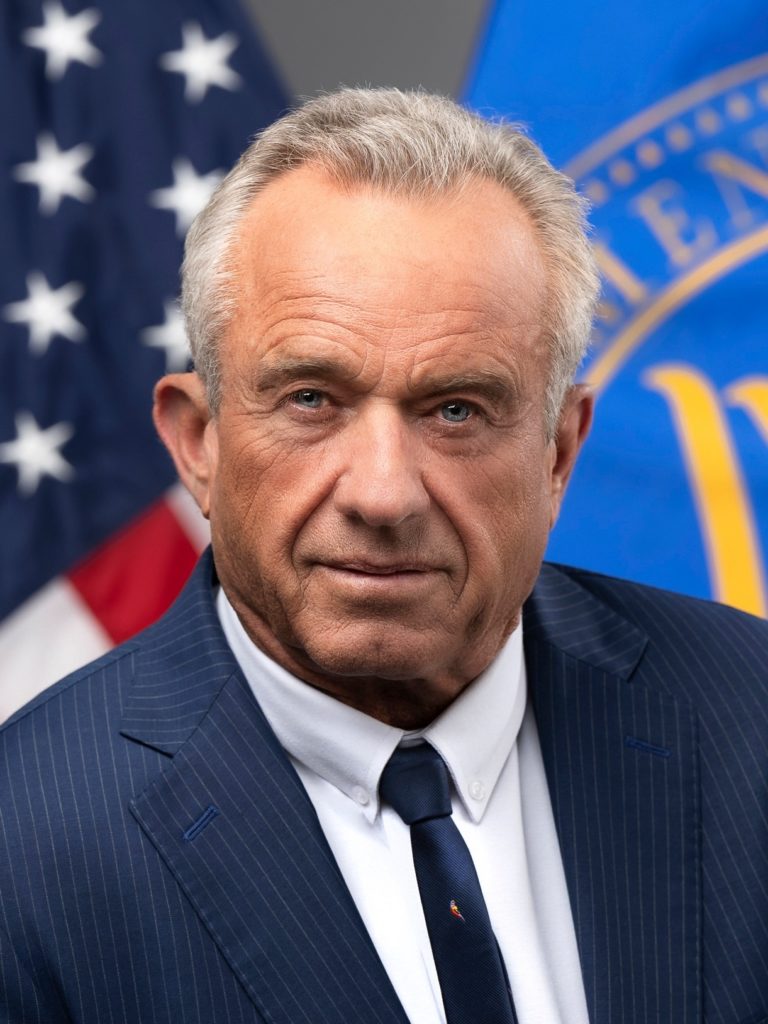
Secretary of Heath and Human Services (HHS) Robert F. Kennedy, Jr. made a phone call to Ohio Governor Mike DeWine after Gov. DeWine called on the Ohio Board of Pharmacy (BOP) to place an emergency ban on kratom. A BOP meeting scheduled for Wednesday, August 29 was canceled as a result.
“I received a contact from Secretary Kennedy. We’re looking at some of the things that he has said and we’re going to continue this discussion. Yes, I was contacted by the secretary,” Gov. DeWine told ABC6 in Columbus.
In a joint announcement on July 29, the Food and Drug Administration (FDA) and Sec. Kennedy made a joint announcement that the FDA would recommend a federal ban on 7-hydroxymitragynine (7-OH) products. So far, the Drug Enforcement Administration (DEA), the law enforcement agency that has the power to decide which drug users should be considered patients and which should be considered criminals, has not acted on that recommendation. FDA Commissioner Marty Makary clearly stated, “We’re not targeting kratom leaf.”
However, that has not stopped states like Ohio and multiple media outlets from confusing 7-OH products with plain leaf kratom that has been used for centuries in Southeast Asia without becoming a significant problem. Potent alkaloid extracts that are mitragynine-heavy are not being targeted by FDA, but they are also mistaken as being synonymous with plain leaf kratom.
Following FDA’s July 29 announcement, Florida quickly declared an emergency rule placing 7-OH on Schedule I of the state’s list of controlled substances. On July 31, Toledo, Ohio announced that it was considering banning kratom in its city limits and urging the state to outlaw kratom.
Other States Taking Recent Action (But Not Full Bans)
- Texas: Beginning September 1, 2025, Texas will prohibit synthetic or chemically modified kratom products—such as lab-made mitragynine derivatives and high-potency 7-OH formulations. The state will also require strict lab testing, set potency limits for natural kratom, and impose age restrictions. This stops short of banning natural kratom leaf and powder.
- Mississippi: As of July 2025, Mississippi raised the minimum purchase age to 21 and outlawed synthetic kratom extracts and products with unnaturally high concentrations of 7-OH, while continuing to allow natural kratom.
- Other States: Legislatures in New York, Montana, and Texas have debated bills ranging from regulatory frameworks to outright bans, but none have passed a law prohibiting all kratom products as of now.

That is simply overreach. The federal Department of Health and Human Services is NOT supposed to be telling State governments what to do including what drugs to or not to place as Schedule 1 in their own states. This is borderline illegal if not actually illegal.